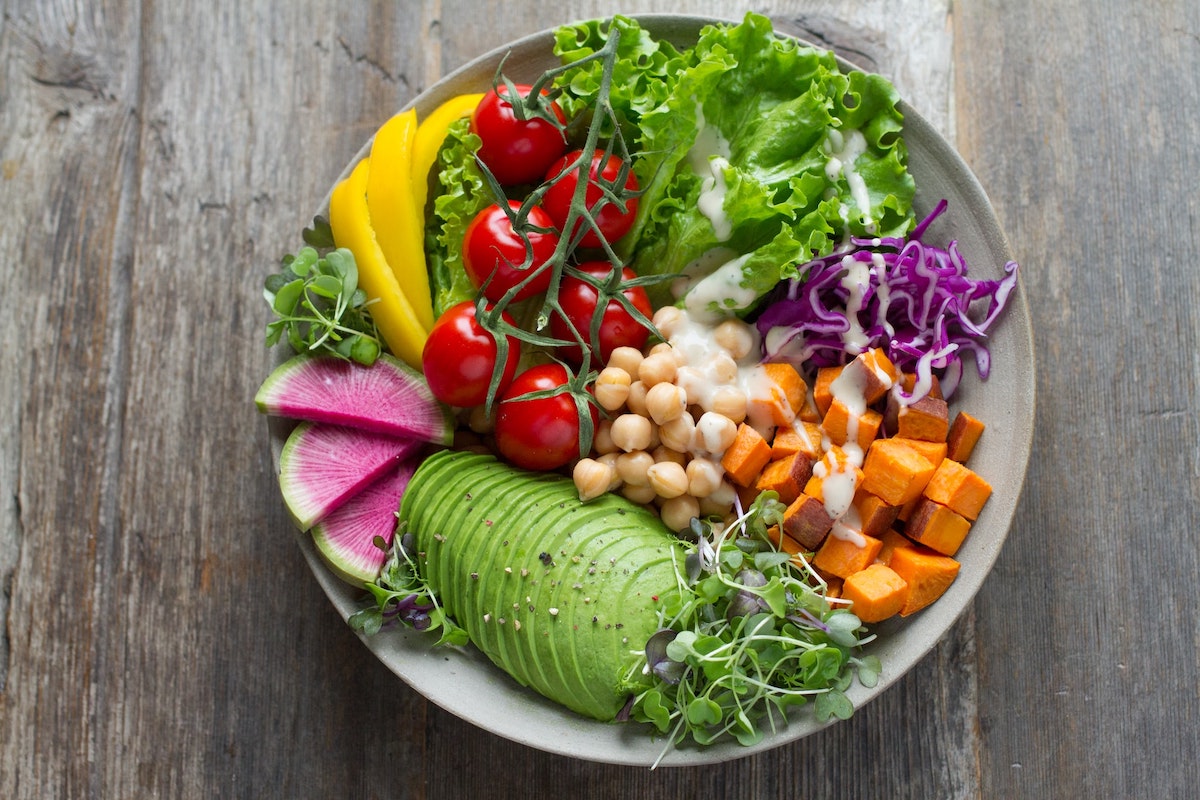The Digestive System Benefits of a Grain-Free Diet

Grain-Free Diet Benefits for the Digestive System
It's no secret that a grain-free diet has become increasingly popular in recent years. People are attracted to its ability to reduce inflammation, aid weight loss, and provide better digestive health. But what are the same grain-free diet benefits for the digestive system?
In this blog post, we'll discuss how a grain-free diet can help improve your gastrointestinal health and why it's becoming such an attractive option for many people. We'll also look at what specific foods you should include to get the most out of them. Learn more about how a grain-free diet can improve your digestive health!
What is a grain-free diet?
A grain-free diet excludes all forms of wheat, rye, barley, and oats. This includes all products made with these grains, such as bread, pasta, cereal, and crackers. A grain-free diet may also exclude other starchy foods like potatoes and corn.
The benefits of a grain-free diet for the digestive system are numerous. To begin with, wheat includes gluten, a protein that some people may find challenging to digest. A grain-free diet can help to reduce or eliminate digestive symptoms like bloating, gas, and stomach pain.
In addition, grains are a common source of food sensitivities and allergies. You can reduce or eliminate digestive issues like Irritable Bowel Syndrome (IBS), inflammatory bowel disease (IBD), and leaky gut syndrome by removing grains from your diet.
Finally, a grain-free diet is easier on the digestive system overall. The digestive system can relax and function more efficiently without breaking down complex carbohydrates and proteins in grains. This can lead to better overall gut health and regularity.
How does a grain-free diet benefit the digestive system?
There are many benefits to following a grain-free diet, particularly when it comes to gut health. Going grain-free for those with digestive issues can help reduce inflammation and irritation in the gut and improve overall digestion.
Grain-free diets have improved symptoms of irritable bowel syndrome (IBS), Crohn's disease, and ulcerative colitis. They can also help to alleviate bloating, gas, and other uncomfortable digestive symptoms.
In addition to improving digestive health, a grain-free diet can promote weight loss. This is because grains are typically high in carbs and calories, which can lead to weight gain if not burned off through physical activity. You can reduce your calorie intake by cutting out grains and losing weight more quickly.
Overall, there are many benefits to following a grain-free diet, especially if you suffer from any digestive issues. If you're considering switching to a grain-free lifestyle, talk to your doctor or another healthcare professional first to ensure it's the right decision.
What are some foods to eat on a grain-free diet?
There are a variety of foods that can be eaten on a grain-free diet. Here are some examples:
- Fruits and vegetables: Fresh or frozen fruits and vegetables are great options for a grain-free diet. Choose from various fruits and vegetables to get the most nutrient-dense foods possible.
- Meat and poultry: Choose lean cuts of meat and poultry for a grain-free diet. Look for grass-fed beef and free-range chicken, as these options will be lower in fat and higher in nutrients.
- Seafood: Seafood is another excellent option for a grain-free diet. Wild-caught fish is the best choice as it will be lower in mercury and other toxins.
- Nuts and seeds: Nuts and seeds are a great source of healthy fats, proteins, and minerals. They can be used to make homemade granola or added to salads or sautéed vegetables.
- Dairy: Dairy products such as milk, cheese, yogurt, and kefir are all allowed on a grain-free diet. Be sure to choose complete-fat varieties as they will be more nutrient-dense than low-fat or skim options.
Grain-free recipes
The grain-free diet is becoming increasingly popular as people become more aware of its benefits for the digestive system.
There are several reasons why grains can be challenging to digest, and eliminating them from your diet can improve gut health. Grains include phytic acid, which binds to minerals and hinders them from being absorbed by the body, and gluten, a protein that can be challenging to digest.
You can give your digestive system a vacation and a chance to heal by cutting out grains from your diet. This can lead to increased nutrient absorption, less bloating and gas, and improved bowel movements.
If you're considering going grain-free, plenty of delicious recipes are out there to help you transition. From grain-free bread and pizzas to hearty stews and salads, there are endless possibilities for grain-free meals that will satisfy you.
Are there any risks associated with a grain-free diet?
A few potential risks are associated with a grain-free diet, mainly if it is not well-balanced. For example, eliminating all grains may mean missing essential nutrients like fiber and B vitamins.
Additionally, some grain-free foods may be high in unhealthy fats, added sugars, and calories. A grain-free diet may also lead to weight gain if not carefully planned. Finally, people with celiac disease or gluten intolerance should avoid all grains, including those that are gluten-free.
Conclusion
A grain-free diet can be an effective and healthy way to improve your digestive system, allowing you to absorb more nutrients from the food you eat and maintain a healthy weight. In addition, grains are difficult for some people's digestive systems due to allergies or intolerances.
If this affects you, switching to a grain-free diet may improve your overall health. Taking steps like these can go a long way toward maintaining solid digestive health in the long term.
